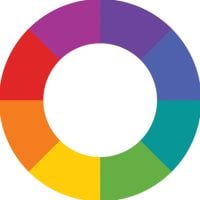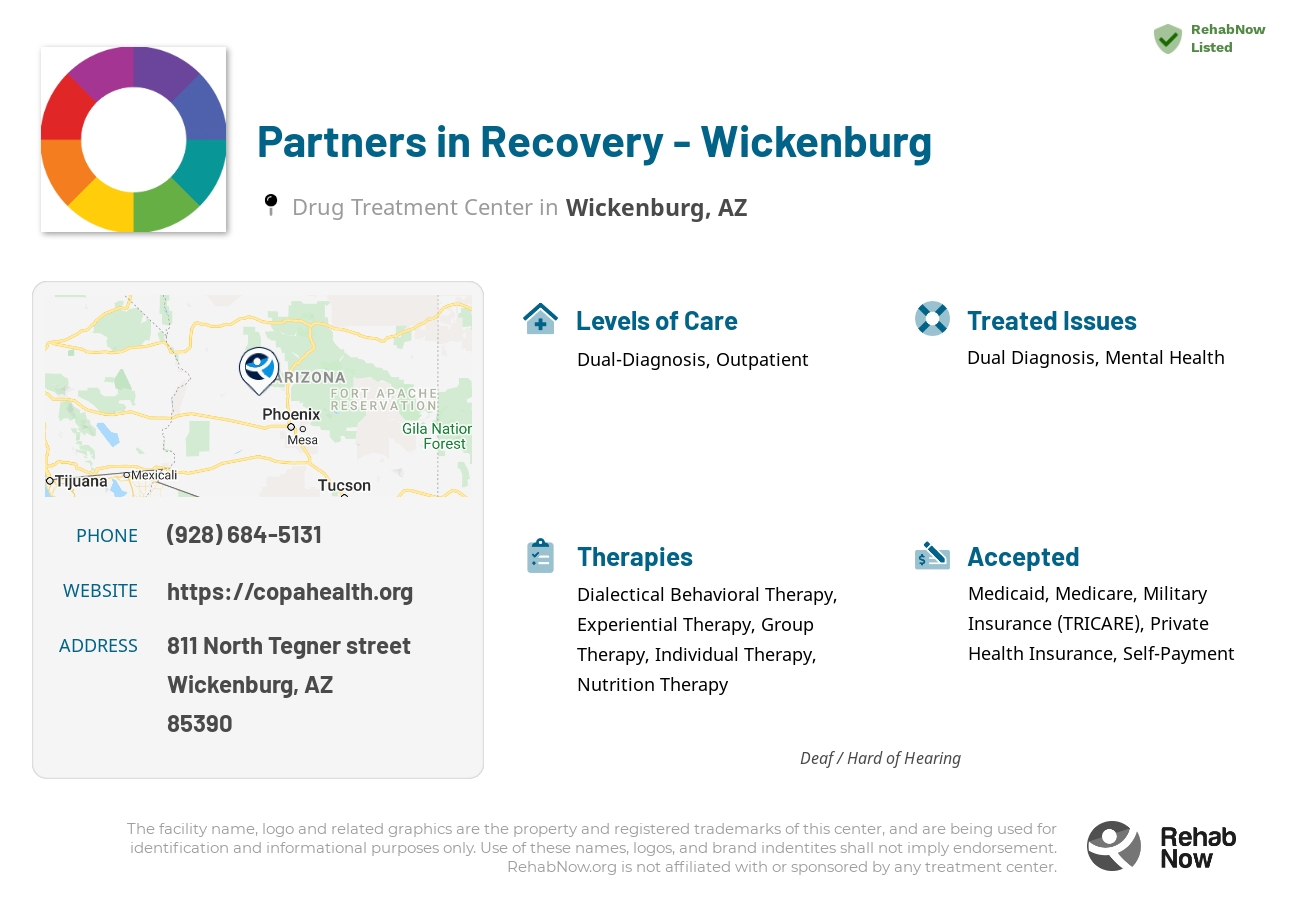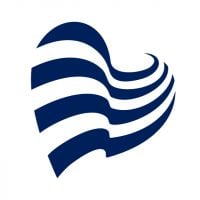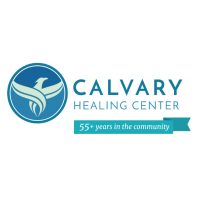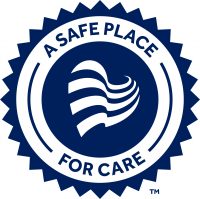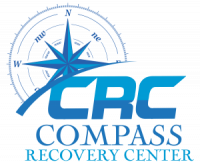Partners in Recovery - Wickenburg
Drug Rehab Center in Wickenburg, Arizona
Partners in Recovery - Wickenburg is a drug rehab facility in Arizona offering Dual Diagnosis, Mental Health, and Drug Addiction Treatment. They provide personalized treatment plans tailored to individuals' needs, accept most Private Health Insurance plans, and offer both Outpatient and Residential Levels of Care as well as detox services and longer term residential treatment programs.
About This Arizona Facility
Partners in Recovery - Wickenburg is a renowned addiction treatment facility located in Wickenburg, Arizona. The establishment caters to individuals dealing with Dual Diagnosis, mental health issues, drug addiction, and substance abuse. With a team of qualified professionals, Partners in Recovery - Wickenburg is committed to offering comprehensive recovery solutions in a non-judgmental and supportive environment. The facility provides different levels of care, including Dual-Diagnosis, outpatient, and residential treatments. To ensure accessibility to its services, Partners in Recovery - Wickenburg also accepts private health insurance.
Regarding their specific services, Partners in Recovery - Wickenburg has developed several intervention programs to address the varying needs of their clients. For those dealing with both mental health issues and substance abuse, the facility's Dual-Diagnosis program offers a harmonized approach that treats both problems concurrently. This unique approach acknowledges that each issue can exacerbate the other, so treating them together often yields the best results. For individuals who are unable to commit to a full-time residential program, Partners in Recovery - Wickenburg offers an outpatient treatment program that allows clients to maintain their daily responsibilities while receiving treatment. The center's residential treatment program offers around-the-clock care and provides an immersive rehabilitation environment that promotes recovery. These programs are facilitated by experienced professionals who are dedicated to helping individuals on their road to recovery.
Genders
Ages
Modality
Additional
Conditions and Issues Treated
People who abuse drugs are likely to suffer from an addiction, which can cause serious health problems. When it comes to helping drug abusers get sober, there are many options to choose from. It is essential to state that there is no “”correct”” way of doing things. People are different, and they need different types of help to get over their addiction.
Dual Diagnosis refers to someone who is both dealing with addiction and another mental health issue.
There are different kinds of Dual Diagnosis: A person who simultaneously experiences both a mental illness and an addiction disorder. Or, a person who experiences one or more coexisting (simultaneous) mental health conditions in addition to a primary substance use disorder.
Some conditions that commonly co-occur with addiction include:
- Personality Disorders (Borderline, Narcissistic)
- Mood Disorders (Bipolar Disorder, Depression, Anxiety Disorder)
- PTSD (Post Traumatic Stress Disorder), OCD (Obsessive Compulsive Disorder), ADHD (Attention Deficit Hyperactivity Disorder)
- Schizophrenia, Psychosis, Hallucinations, Delusions
Levels of Care Offered at Partners in Recovery - Wickenburg
This center offers a variety of custom treatment tailored to individual recovery. Currently available are Dual-Diagnosis, Outpatient, Residential, with additional therapies available as listed below.
Outpatient treatment programs provide drug and alcohol addiction treatment through individual sessions with a counselor, group therapy, 12-step meetings, and other activities to help individuals gain sober living skills. Most programs are designed for those individuals who have completed a medically supervised detoxification program and provide opportunities for clients to begin the process of early recovery.
Outpatient programs also offer a level of medical support as needed and psychological backing through therapy. Clients are encouraged to live at home, though there may be some flexibility regarding this requirement based on the circumstances and needs of each patient.
Outpatient treatment is perhaps the most common type of dual diagnosis program available. It does not pose a significant financial burden on patients. However, it is essential to note that outpatient treatment does not provide the support and supervision given in residential programs. Some addicts may need this level of support to maintain their sobriety.
Residential treatment programs are those that offer housing and meals in addition to substance abuse treatment. Rehab facilities that offer residential treatment allow patients to focus solely on recovery, in an environment totally separate from their lives. Some rehab centers specialize in short-term residential treatment (a few days to a week or two), while others solely provide treatment on a long-term basis (several weeks to months). Some offer both, and tailor treatment to the patient’s individual requirements.
Therapies & Programs
Therapy sessions focused on the individual addict can provide much-needed guidance as they work toward overcoming their addiction. These types of sessions typically involve guidance from a therapist, who will help addicts identify and process their feelings and cravings.
During these sessions, addicts may develop plans for coping with the triggers that typically lead to relapse and learn how to avoid those triggers during their recovery process.
Different types of addiction treatment services are available. Within this article, group therapy is of interest due to its high success rate compared to individual therapy. Group therapy settings are beneficial because they allow recovering addicts to build a strong support network.
Benefits of group therapy are:
- Reduces feelings of isolation
- Immediate access to social support in the form of fellow addicts in recovery
- Lowers risk of relapse
- Increases rate of sobriety
- Builds coping skills that can be applied to everyday life
Dialectical Behavior Therapy is a cognitive-behavioral therapy that helps addicts balance their thoughts and emotions to change their behavior. It was designed for those vulnerable to self-harm and suicidal thoughts and aims to help patients understand the connection between their feelings, emotions, and behaviors. It is effective for those whose addictions and behaviors stem from severe mental health issues.
Cognitive Behavioral Therapy (CBT) is used by drug treatment centers to help addicts comprehend the causes of their substance abuse and the consequences that follow. Through CBT, clients learn to recognize and avoid high-risk situations and cope with challenging situations when they arise.
CBT treatment often includes a combination of individual therapy, group therapy, lectures, and other activities. The treatment’s goal is to help addicts gain self-control and maintain abstinence from drugs and alcohol over the long term so that an addict can get sober and lead a more productive life.
CBT is particularly effective in helping people overcome their drug problems, especially people whose drug abuse is motivated by self-defeating beliefs and emotions.
Those struggling with addiction in Arizona can benefit from learning certain life skills. It is not as simple as quitting drinking or taking drugs and thinking that the hard part is over. Being sober means living a whole new way of life. Many recovering addicts have found that they need to develop talents like time management, organization, communication skills, socialization skills, and self-esteem to make their life in sobriety work.
Drug and alcohol addiction can lead to a breakdown in life skills. Learning certain life skills can help those who are struggling with addiction. Life skills training at Partners in Recovery - Wickenburg in Wickenburg, AZ teaches patients skills such as time management, budgeting, and social abilities to improve their quality of life and prevent relapse.
An addict’s life skills are maladaptive, meaning they are counterproductive. An addict may have learned poor time management skills growing up, have a hard time budgeting money, or be socially awkward. An addict’s poor life skills can lead to relapse and the inability to achieve long-term sobriety. Life skills training teaches patients effective coping mechanisms, which can help them live a clean and sober life.
Good nutrition can be difficult for people recovering from addiction because they may not feel like eating while they are experiencing the physical and emotional side effects of detoxing.
Nutrition therapy can help addicts in the following ways:
- Helps individuals to understand which foods promote good health and support recovery that will assist them during detox
- Provides guidance and education in Wickenburg, Arizona about how to maintain a nutritious diet so they can stay healthy during recovery
- Improves their overall health and well-being, which can reduce the severity of substance withdrawal symptoms.
Nicotine replacement therapies are effective because they provide you with the nicotine you are addicted to without inhaling carcinogens from cigarettes. Some types of NRT include nicotine gum, nicotine patches (transdermal systems), nasal spray, and lozenges. The benefits of using NRT can include reducing the risk of heart disease and cancer.
Patient Experience
Experiential Therapy at Partners in Recovery - Wickenburg
Experiential therapy is a form of psychotherapy where patients are asked to engage in activities such as role-play, poetry writing, music composition, exercising, or journaling to help process intense feelings. The aim of the therapy is to help patients access deeper, often hidden emotions by helping them explore their own body and mind.
Payment Options Accepted
For specific insurance or payment methods please contact us.
Is your insurance accepted?
Ask an expert, call (888) 674-0062
Partners in Recovery Associated Centers
Discover treatment facilities under the same provider.
- Partners in Recovery - West Valley in Peoria, AZ
- Partners in Recovery - Metro Center in Phoenix, AZ
- Partners in Recovery - Mesa in Mesa, AZ
Learn More About Partners in Recovery Centers
Additional Details
Specifics, location, and helpful extra information.
Wickenburg, Arizona 85390 Phone Number(928) 684-5131 Meta DetailsUpdated November 25, 2023
Staff Verified
Patient Reviews
There are no reviews yet. Be the first one to write one.
Wickenburg, Arizona Addiction Information
Arizona has some of the highest rates of prescription drug abuse in the United States. Methamphetamines, heroin and morphine are among the most commonly abused substances. Prescription pain relievers were prescribed to 348 million people in 2012, enough to medicate every adult in Arizona for 2 full weeks. The number of people with substance use disorders in Arizona has remained relatively constant over the past few years.
Some common treatments offered in rehab include detox, counseling, and medication management. It is important to find a rehab center that offers a variety of treatment options so that the person can find the right type of care for their specific needs.
Treatment in Nearby Cities
- Polacca, AZ (185.4 mi.)
- Littlefield, AZ (212.3 mi.)
- Lake Havasu City, AZ (97.3 mi.)
- Oracle, AZ (147.7 mi.)
- Fountain Hills, AZ (63.5 mi.)
Centers near Partners in Recovery - Wickenburg
The facility name, logo and brand are the property and registered trademarks of Partners in Recovery - Wickenburg, and are being used for identification and informational purposes only. Use of these names, logos and brands shall not imply endorsement. RehabNow.org is not affiliated with or sponsored by Partners in Recovery - Wickenburg.
